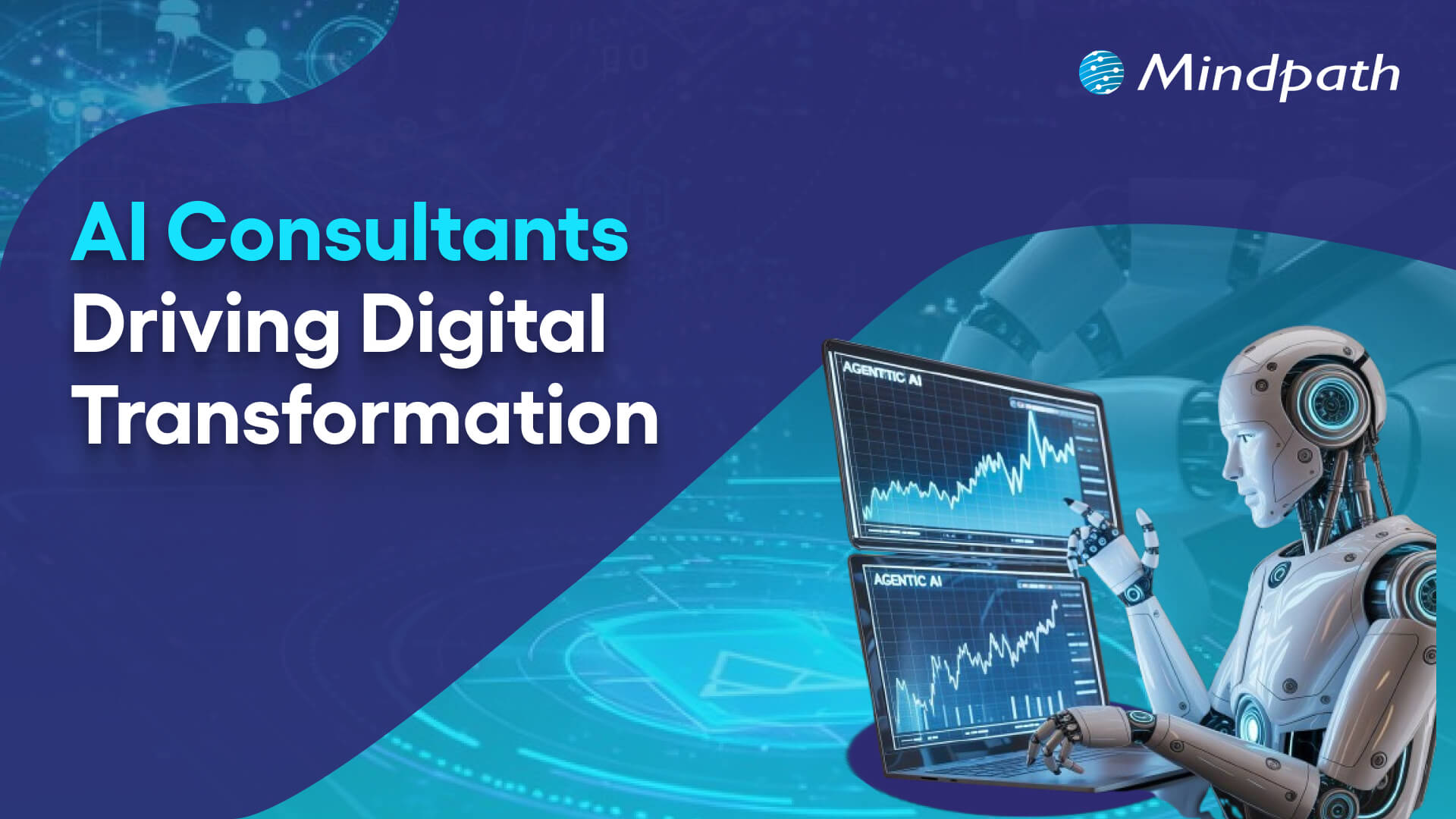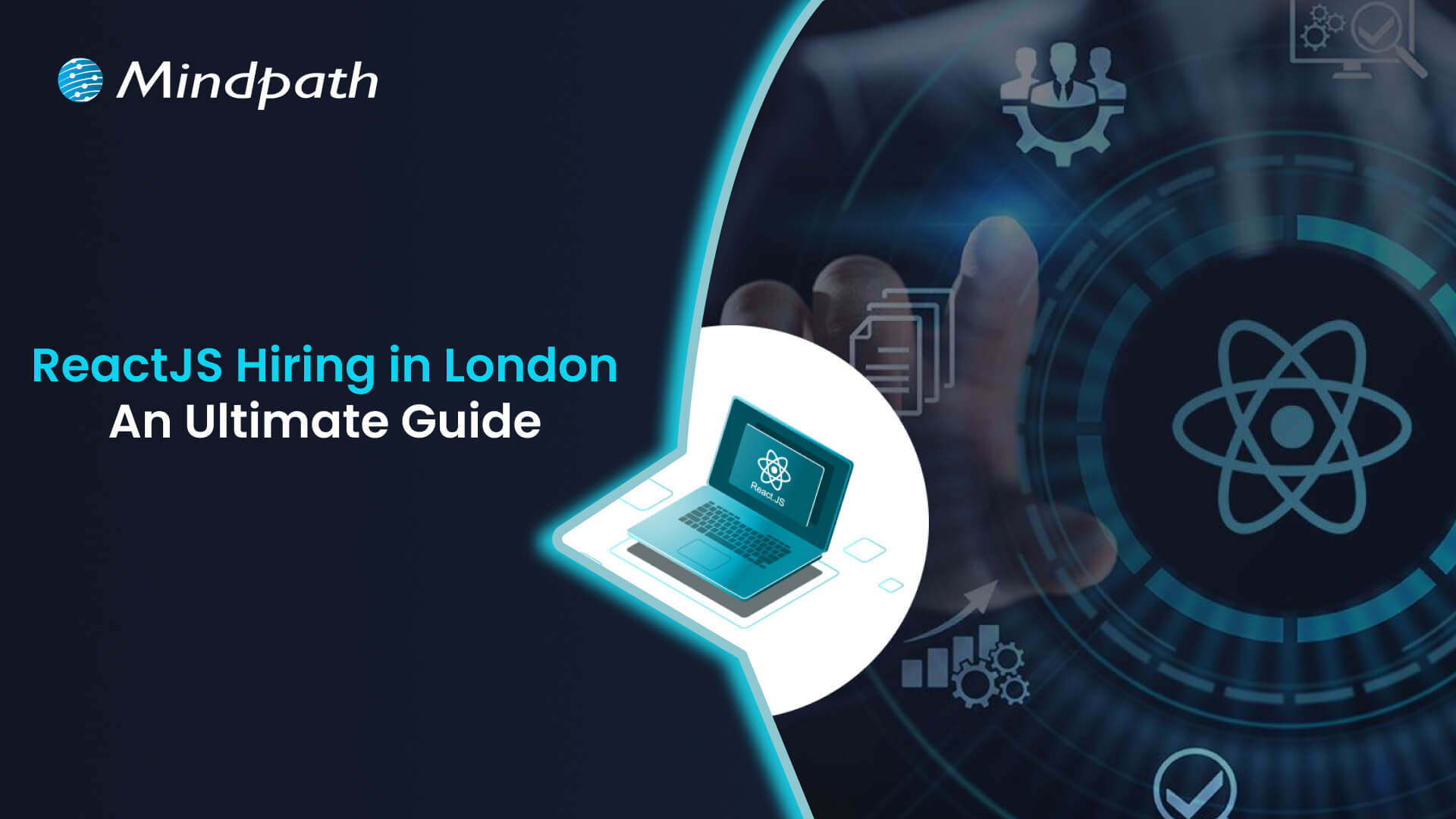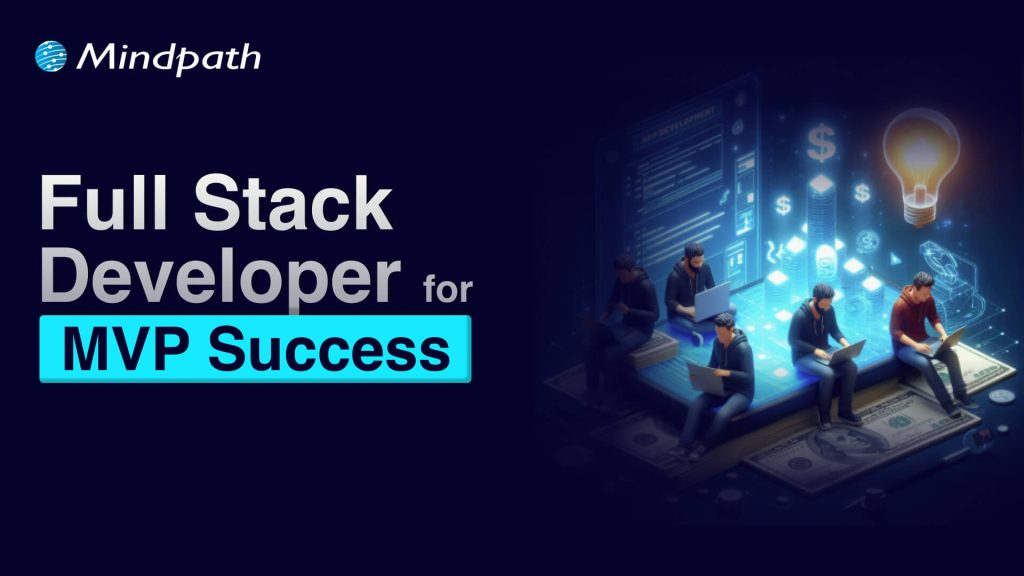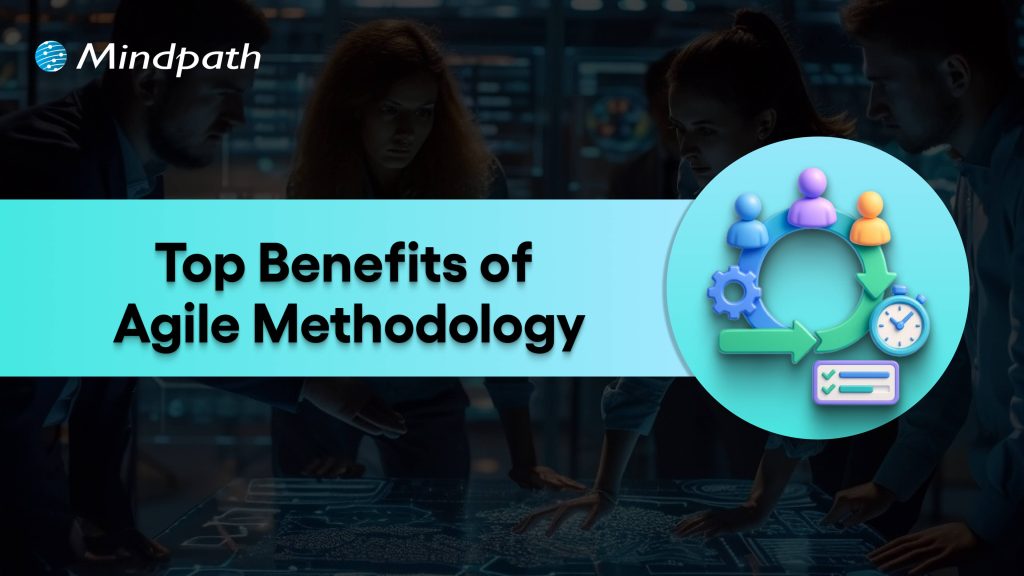Imagine a world where machines not only process information but also make decisions on their own. What if your devices could analyze data, assess options, and choose the best course of action, just like a human? Welcome to the fascinating realm of Agentic AI! In this blog, we’ll explore how this innovative technology empowers machines with decision-making abilities, transforming the way we interact with and utilize artificial intelligence. Let’s dive in!
What is Agentic AI?
Agentic AI is a type of artificial intelligence that can operate autonomously to achieve certain objectives. Unlike ordinary AI, which merely follows predetermined instructions or responds to orders, agentic AI can think for itself, make decisions, and learn from its actions. This implies it can improve over time and become more efficient at performing jobs. One distinguishing aspect of agentic AI is the capacity to “chain” actions together. This implies that it can break down large, complex tasks into smaller parts and do them one at a time. For example, if you ask it to organize a project, it can determine the steps required to complete it rather than focusing just on one job at the moment.
Different Types of Agents in Agentic AI

1. Dynamic Workflow Agents
Action agents are dynamic workflow agents in agentic AI. They are meant to complete tasks and make judgements fast in response to changing inputs. Unlike classical AI, action agents can adapt to changing settings, allowing them to do many jobs simultaneously. This adaptability allows them to be organized and productive in attaining their goals, making them helpful in a variety of industries.
2. User Assistant Agents
User assistance agents are a sort of agentic AI created to aid people with their daily duties. These agents can handle a range of tasks, including maintaining schedules, answering queries, and sending reminders. User assistance agents help users remain organized and achieve their goals more effectively by learning their preferences and wants. Their capacity to learn and adapt to individual users makes them effective tools for increasing productivity and streamlining daily tasks.
3. Generative Information Retrieval Agents
Generative information retrieval agents are a sort of agentic AI that focusses on supplying knowledge in unregulated contexts or on topics with loose restrictions. These agents can search through massive volumes of data and develop replies based on what they discover. They are meant to recognize context and generate meaningful replies, making them handy for researching a variety of topics. By providing insights and information more flexibly, generative information retrieval agents assist users in accessing knowledge that can’t be readily available through traditional sources.
4. Prescriptive Knowledge Agent
Prescriptive knowledge agents are a type of agentic AI that offers direction and information in highly controlled settings or on certain themes. These agents are meant to adhere to set norms and standards, ensuring that the information they provide is correct and in compliance with legislation. They assist customers make intelligent choices by providing clear suggestions based on credible facts. Prescriptive knowledge agents play an important role in industries like healthcare, finance, and law because they adhere to norms and provide exact and trustworthy information that is necessary for safety and compliance.
Advantages of Agentic AI

1. Enhanced Customer Support
AI-powered assistants and chatbots improve customer service by providing prompt and accurate replies to enquiries. These solutions can answer queries instantaneously, so clients don’t have to wait on hold or browse complex menus to receive the assistance they require. AI assistants improve the client experience by lowering wait times, resulting in increased levels of satisfaction.
Furthermore, these AI systems can manage several enquiries at once, allowing firms to service a greater number of clients. This efficiency not only allows clients to acquire the information they need fast, but it also frees up human agents to work on more difficult situations. With 24/7 availability, AI-powered assistants ensure that clients can get help at any time, improving their entire experience.
2. Reduced Operational Expenses
Businesses that automate common processes can considerably reduce their operational expenses. This technology streamlines operations, requiring fewer personnel to do repetitive tasks. Consequently, businesses can save money on employment and direct their financial resources towards more vital goals, such as strategic expansion and innovation.
Businesses can use the funds saved from lower employment needs to invest in new initiatives, expand their services, or upgrade their technology. This move not only increases overall efficiency but also enables businesses to remain competitive in their field. Prioritizing investments in growth allows organizations to better position themselves for long-term success while being leaner and more cost-effective.
3. Boosted Efficiency
Agentic AI can do jobs quicker than humans, resulting in a considerable increase in total productivity. With the capacity to process information and fulfill tasks rapidly, these intelligent systems shorten the time required for numerous processes. This speed enables organizations to complete more tasks in less time, allowing them to fulfill deadlines and better serve customers.
Furthermore, by performing repetitive and time-consuming activities, agentic AI allows human employees to focus on more difficult and creative work. This combination of speed and better resource allocation leads to increased efficiency throughout the organization. So, the faster job completion and increased productivity enabled by agentic AI contribute to a more dynamic and competitive corporate environment.
4. More Informed Decision-Making
AI-powered assistants and chatbots significantly improve customer service by providing rapid solutions to inquiries. These solutions are meant to provide rapid answers to inquiries, reducing client wait times dramatically. Instead of being put on hold or waiting for an email answer, clients can get the information they need right now.
This immediate assistance not only makes clients feel valued but also leads to increased satisfaction levels. When clients receive fast service, they are more likely to have a favorable experience with the company. Furthermore, AI assistants can handle numerous requests at once, allowing businesses to easily manage a higher volume of inquiries without sacrificing quality.
AI Development Services at Mindpath
Wrapping Note!
Agentic AI proposes a paradigm shift in the way we approach technology and decision-making. Agentic AI improves several elements of company operations, including customer service, efficiency, and cost management, by enabling computers to think, learn, and act independently. Mindpath embraces modern technologies to give our clients smarter solutions and better support. As we continue to investigate the possibilities of agentic AI, we are committed to using its powers to drive development and achieve remarkable outcomes. The future looks bright, with agentic AI at the forefront, allowing organizations to adapt, prosper, and compete in an increasingly competitive marketplace.
Ready to elevate your business with cutting-edge AI solutions?
Partner with Mindpath today to discover how our agentic AI can transform your operations and enhance your customer experience!
















